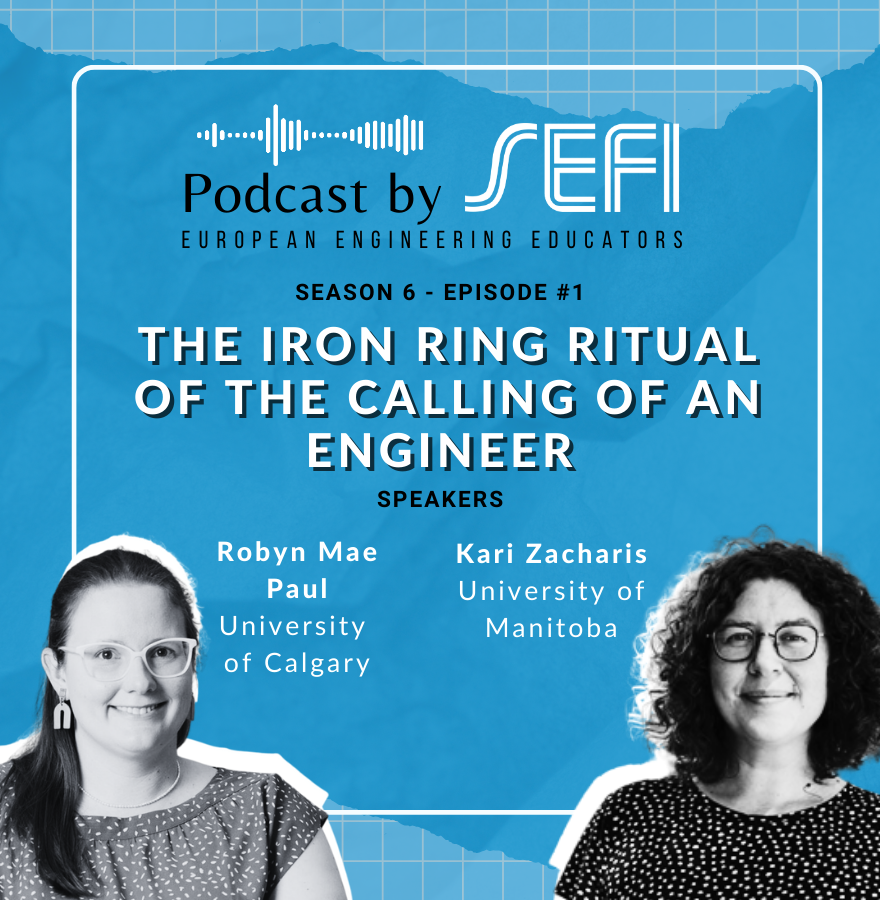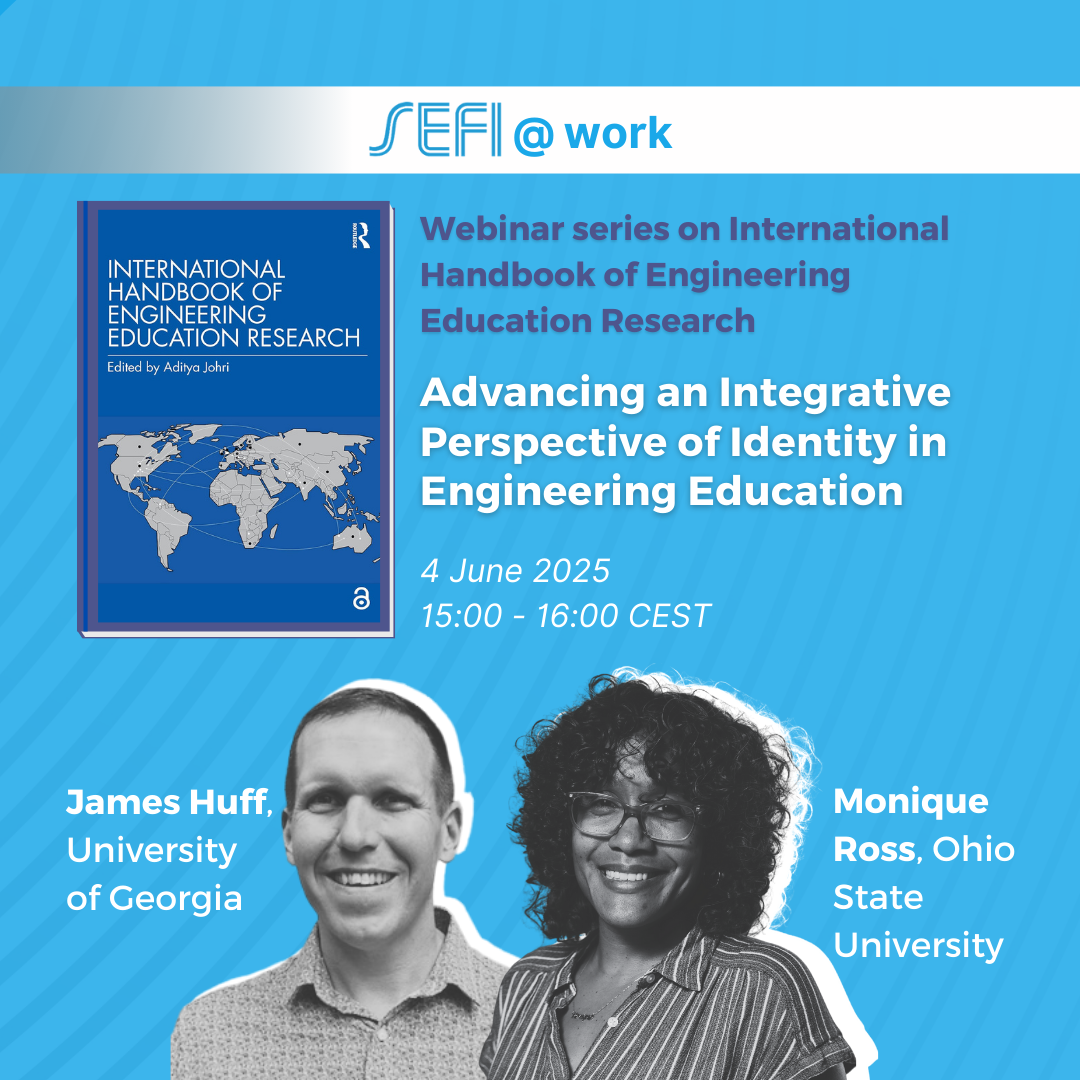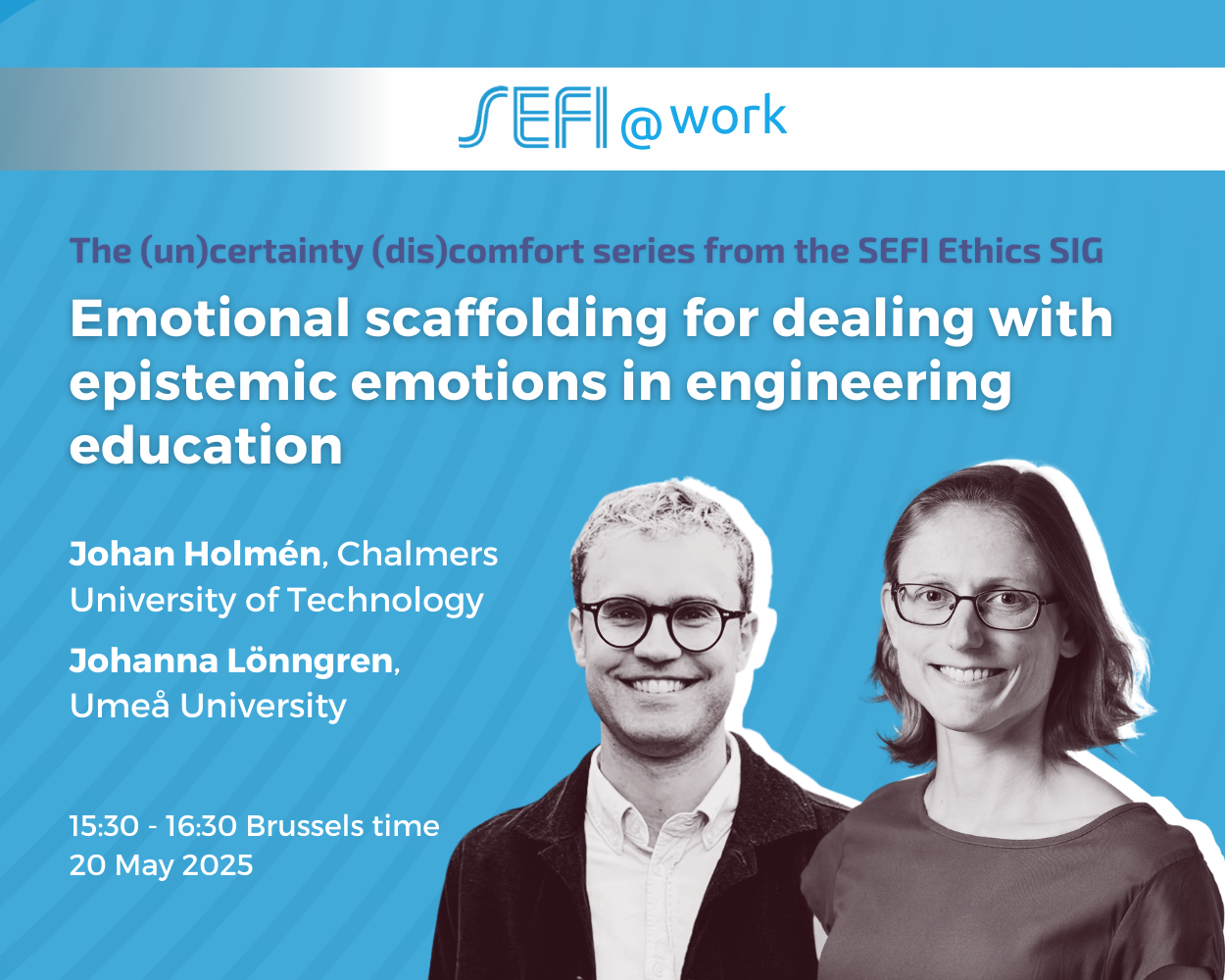The Archimedean Oath, first developed in 1990 and inspired by the Hippocratic Oath, was promoted…
SEFI@work session from the series “International Handbook of Engineering Education Research”
Offered to you by the SIG on Engineering Education Research together with SIG on Sustainability
Friday, 24 January 2025
15:30 – 16:30 (CET)
Authors Emma Mercier, Molly H. Goldstein, Preethi Baligar, Robin Jephthah Rajarathinam will present chapter 19 “Collaborative Learning in Engineering Education” from the handbook.
This webinar provides a unique opportunity to get insights in this research topic in Engineering Education and to get to know the researchers behind the chapter. You will have the opportunity to ask questions around the chapter and engage in an interesting conversation with other attendees.
Chapter 19 Abstract:
Calls from industry and accrediting bodies for the use of collaborative learning in engineering programs are coupled with research in STEM education that indicates the use of collaborative problem-solving is associated with increased persistence of minority students in these fields, as well as positive learning outcomes for all students. However, merely placing students in groups does not result in successful collaborative learning experiences. In this chapter, we explore the last decade of research on collaborative and cooperative learning along four key dimensions of these forms of pedagogy in classrooms: tasks, teams, tools, and teachers. This chapter ends with our proposition for future work in collaborative learning in engineering education practice and research.
General information on the SEFI@work series around the “International Handbook of Engineering Education Research”:
In 2024 and 2025, the SEFI Special Interest Groups are joining efforts around the “International Handbook of Engineering Education Research”. Each session will focus on one chapter, giving the floor to the authors of each chapter. With this series we want to support the growth and maturing of the engineering education field and community in Europe and beyond. The goal of the series is to (1) increase the knowledge around engineering education research, (2) to strengthen the engineering education community feeling, and (3) to give a platform to the authors of the handbook’s chapters to disseminate their work.


